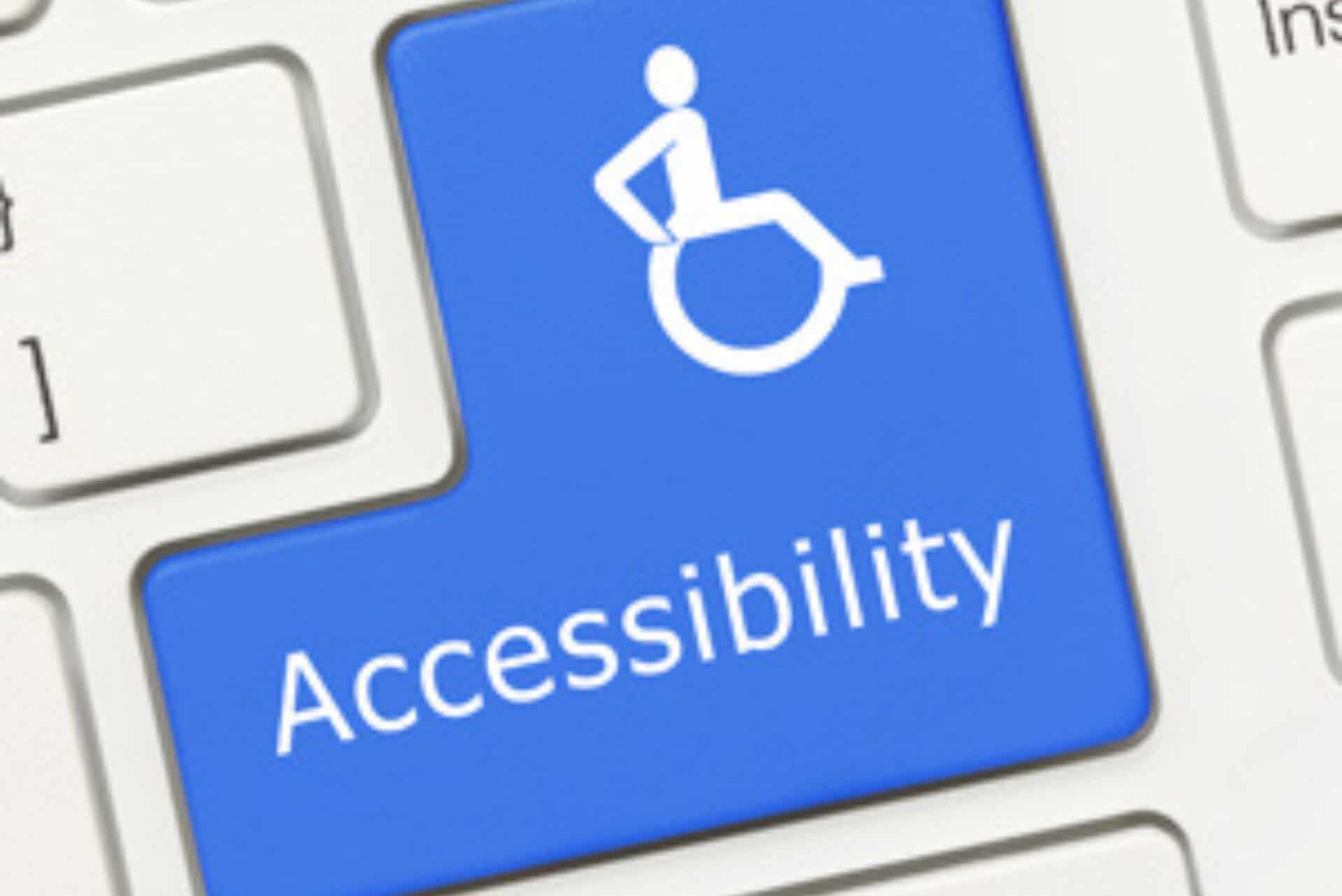CODE recognise it can be difficult for practice owners and/or managers to know how to support a team member with a disability, particularly as they are not always visible or obvious. For example, the employee could be suffering from autism, epilepsy, HIV, cancer or a mental health condition.
We often speak to members who are aware they have a duty to make reasonable adjustments but are uncertain of how to implement them or when. There is also confusion over whether the responsibility of requesting adjustments lies with the employee or the employer. Under the Equality Act 2010, employers have a duty to protect disabled team members from discrimination in the workplace. The most common way for an employer to comply with this duty is by making reasonable adjustments, so the onus is on the employer.
Employers who ignore or mistreat disabled team members are likely to end up in a tribunal claim for failure to make a reasonable adjustment and like other discrimination claims, there is no cap on the compensation figure.
A recent tribunal case involving a GP Practice and a disabled worker, suffering from carpal tunnel syndrome and arthritis, awarded the employee £45,000 in compensation. The employer failed to make reasonable adjustments in the form of a voice recognition service on the employees’ computer, causing the employee to take extensive sick leave and ultimately resign. For further details of the case: Hull Employment Tribunal.
Steps to take to reduce the risk of a tribunal:
- Understand your legal obligations under the Equality Act 2010. See M 285 – Disability Rights Under the Equality Act
- Meet with your disabled team members to discuss how you can support them, involve Occupational Health for expert medical advice if needed
- Review and implement in advance any adjustments disabled people with a range of impairments might reasonably require. This may be in a form of an ‘access audit’
- Be open minded when considering reasonable adjustments, it can involve flexible working, adjusting duties or allowing the team member time off for treatment
- Do not ignore or postpone making reasonable adjustments once you have become aware of a disability and seek advice if refusing an adjustment on the grounds of reasonableness
- Sign up to CODE’s Total HR for additional support and guidance of how to comply with your legal obligations
As part of our HR Webinar Series, we will be covering ‘Understanding Reasonable Adjustments’ on the 28th February 2019. You will be able to register for the webinar and watch our previous webinars here.
A well-managed team is the backbone of a successful practice. Take the stress and doubt out of dealing with HR and employment law and focus on growing your business with CODE Total HR. We will look after your HR as well as you take care of your patients.
Agilio iTeam
Learn more about how our technology can help to grow your dental business.

